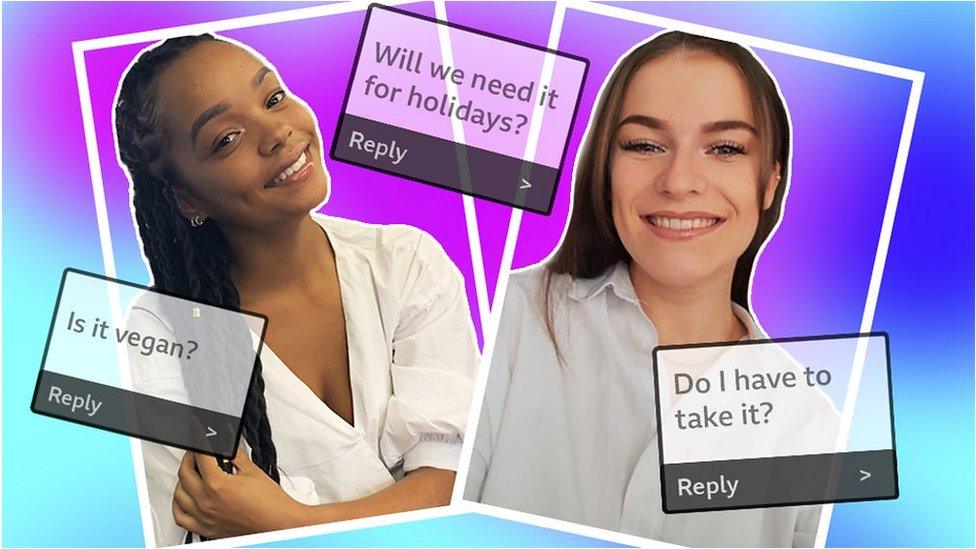Covid-19: 'Background fear' fewer young people will take vaccine
- Published
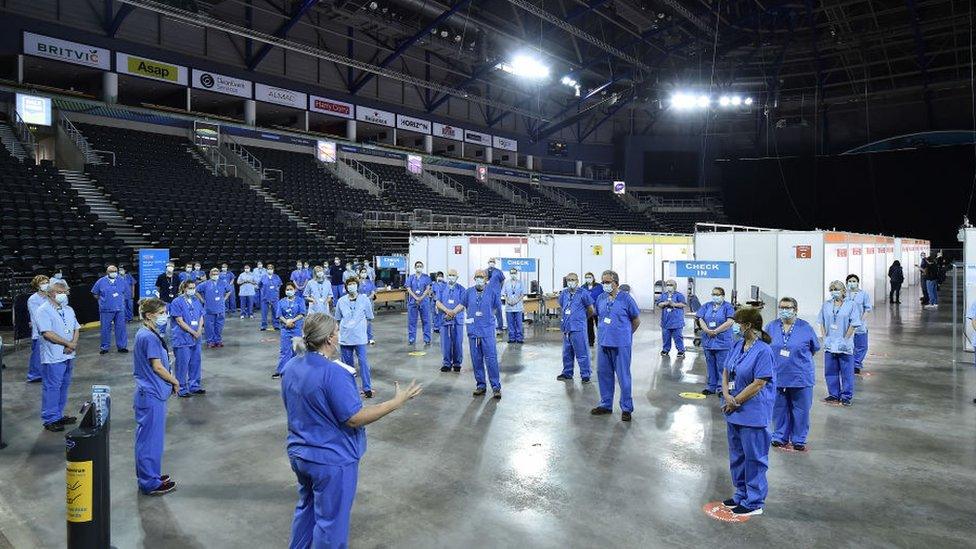
Northern Ireland's first mass vaccination centre opened at the SSE Arena on Monday
There is a "background fear" uptake of a Covid-19 vaccine will reduce as the roll out moves to younger age groups, a leading GP has said.
Various factors such as social media and rumours could influence people, according to the chairman of Northern Ireland's GP committee.
However, Dr Alan Stout said there hadn't been a huge amount of vaccine hesitancy so far in Northern Ireland.
"The numbers have been massively impressive," he said.
Young men tended to be the hardest group to get "for any sort of healthcare intervention", added Dr Stout, with this trend likely to continue when it came to the coronavirus vaccine.
Dr Stout also said members of the Black, Asian and Minority Ethnic (BAME) communities in Northern Ireland weren't coming forward for the vaccine "as much as other communities and parts of the population".
He stressed the need for vaccine uptake among these communities, saying there was "very strong evidence that they are affected worse with Covid-19".
Dr Stout also addressed concerns around how the vaccine could affect fertility in young women.
"Any information and any background that we have, the words that have been used are 'scientifically implausible' that it could have any impact on fertility," he told the BBC's Good Morning Ulster programme.
"The sheer numbers of vaccines that have been given worldwide, we would have already been starting to see some sort of a trend and there is absolutely no evidence of any effect on fertility at all."
'A need for targeting'
Dr Stout said there was "a need for targeting" the younger generation with the vaccine rollout.
"It is just so vital that we get everybody vaccinated," he said.
"If we have as many people vaccinated as possible, the protection for the whole population is huge, it also stops the virus circulating which stops it then replicating, which massively, massively reduces our risk of the variants - which is what we fear most."
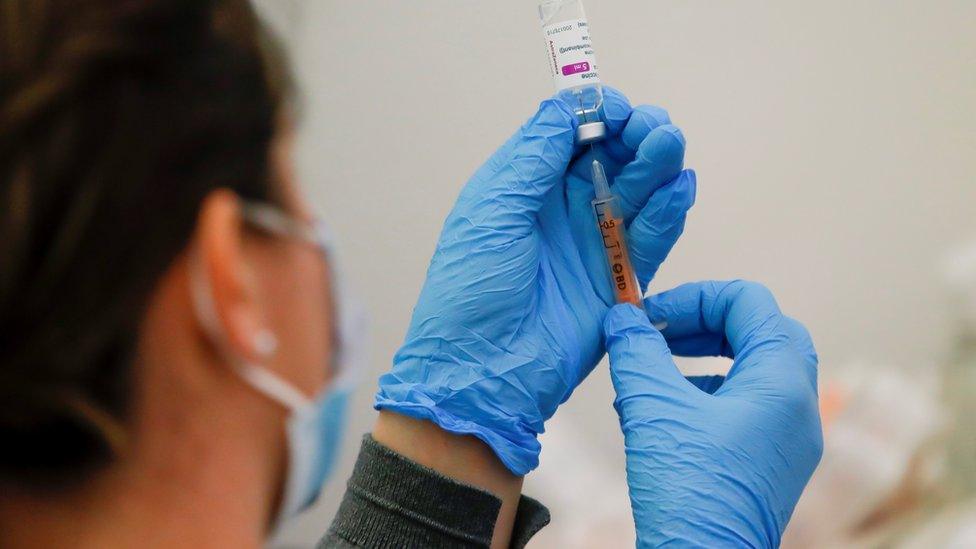
Dr Stout urged the public to "listen to the professionals" as opposed to opinions shared on social media.
"We knew at the outset we were going to be fighting a pandemic in the era of social media, it has had an influence and an impact right throughout, and we're now seeing it with the vaccine," he said.
"We've given millions of doses worldwide already and it has been tracked closer and better than any vaccine has been tracked before, so we know all the data, we know how safe it is and we know how important and effective it is as well."
- Published13 February 2021
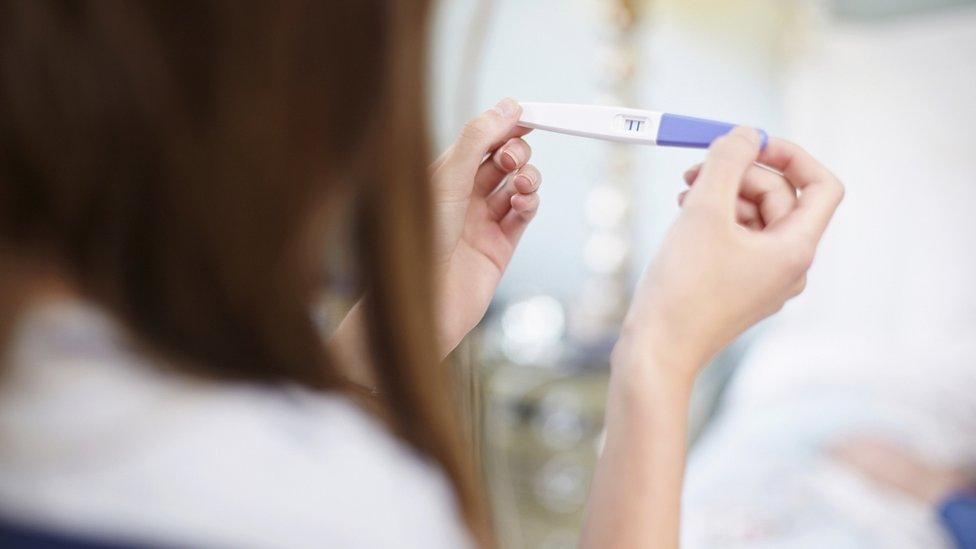
- Published22 December 2020
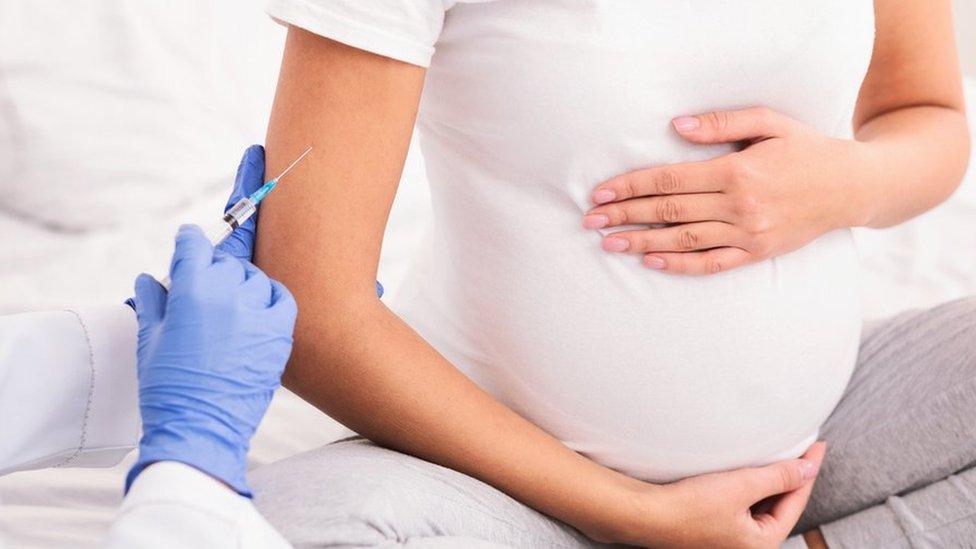
- Published14 November 2020
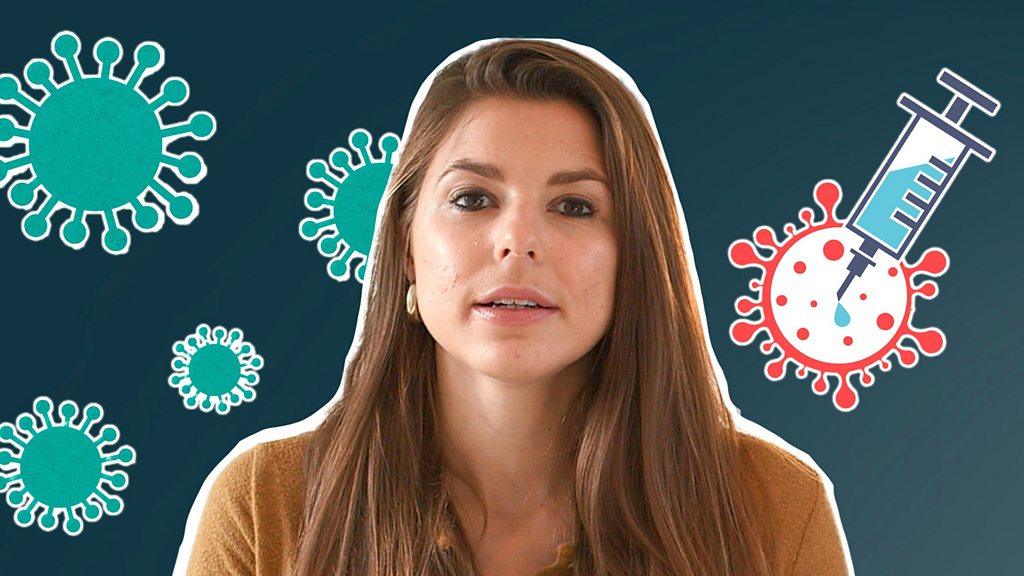
- Published30 January 2021
